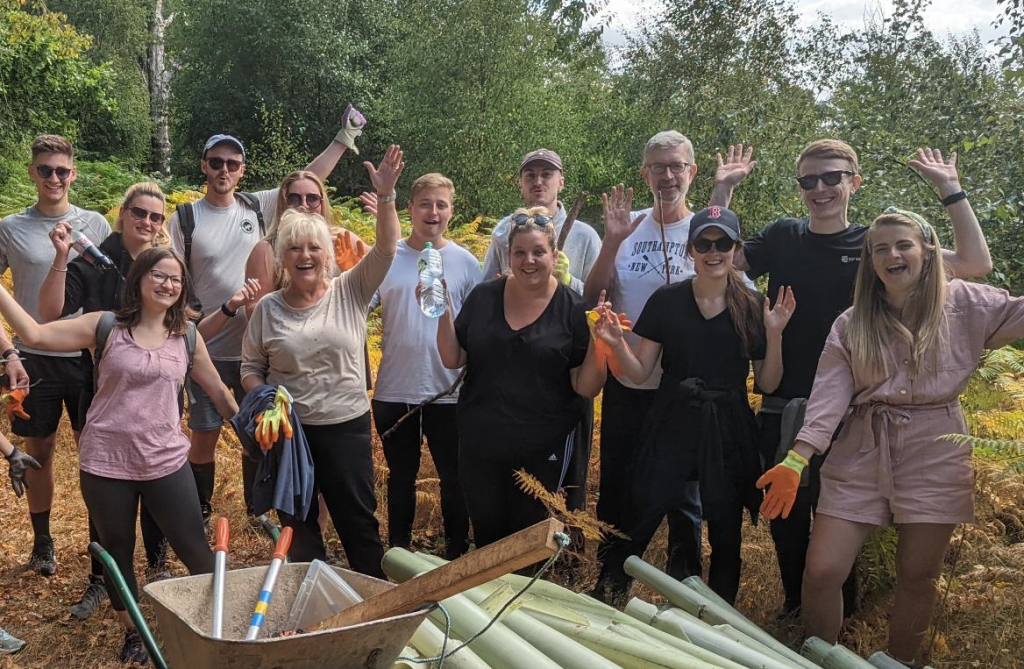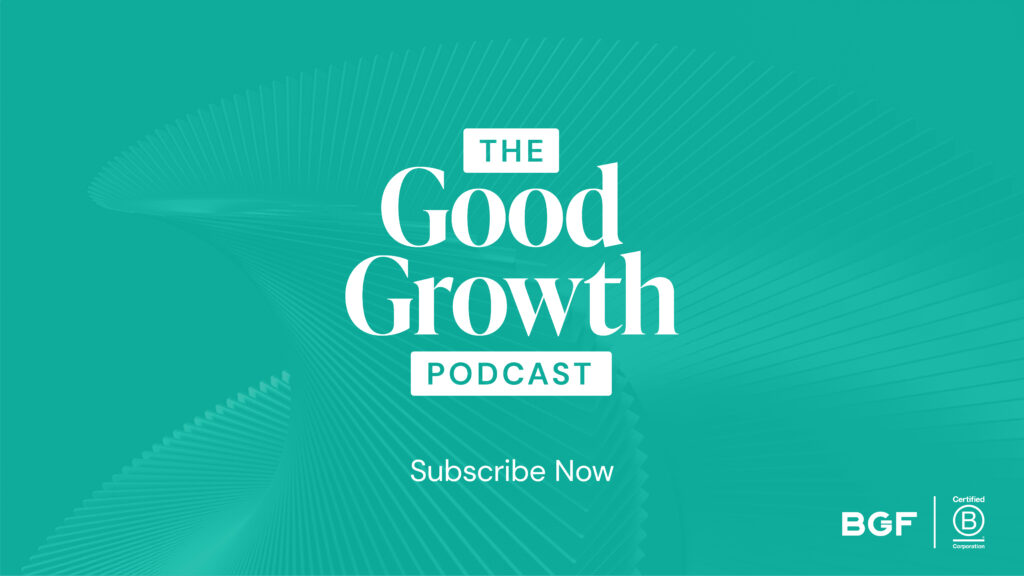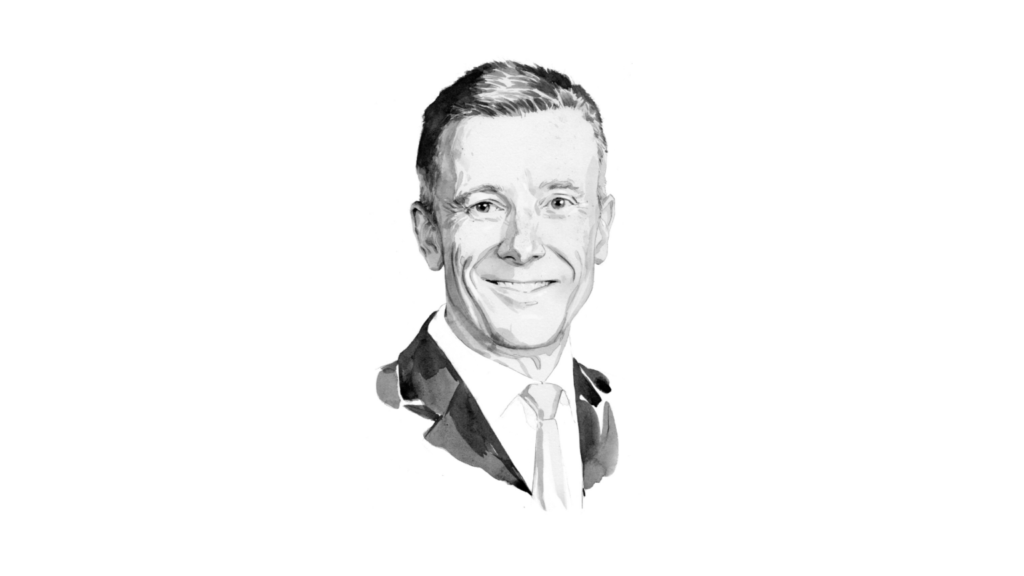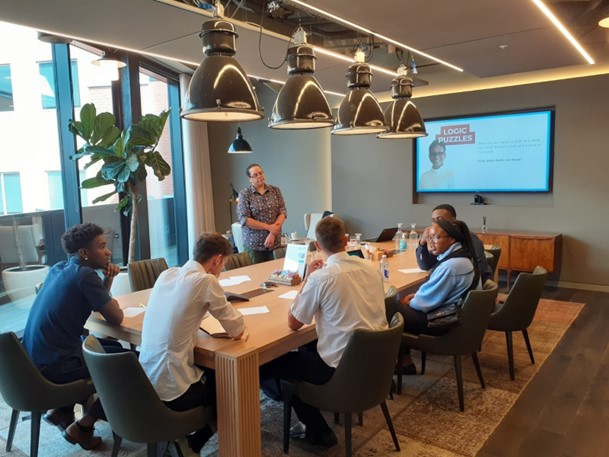Aligning values and public purpose: in conversation with Socitm Advisory
We hear from the company’s CEO, Tony Summers, about developing a robust ESG strategy and what it means to be a responsible business.

Which areas of ESG should we be prioritising as a business? What does purpose really mean for our bottom line? How can we engage internal and external stakeholders in our ESG agenda? These are just some of the questions that BGF’s head of ESG, Roshni Bandesha, is asked on a daily basis.
Roshni develops and leads the delivery of our ESG strategy at BGF, and advises our portfolio on how to harness the power of purpose in their businesses. She recently sat down with Socitm Advisory’s CEO, Tony Summers, to discuss what it means to be a responsible business in 2023 and the journey they went on to develop a robust ESG strategy. Read Roshni and Tony’s Q&A below to learn more.
Socitm Advisory is a digital transformation partner, which specialises in helping public sector organisations across the UK to improve their services through innovation. Founded in 2015, the business currently employs more than 100 consultants across the country. In February 2023, the business secured a £5m investment from BGF, to further expand its client base and unlock future growth.
Roshni: How has your approach to being a ‘responsible business’ changed over the years?
Tony: From the start, the S of ESG (social) was built into our organisation, partly due to the nature of our work supporting the public sector. Whether it’s our employees, our customers, or the communities we operate in, we’ve always been very conscious of the impact we have on our stakeholders. And this was before the term ‘ESG’ was even being used. More recently, the E (environmental) has become an increased focus for us. There’s been a growing dialogue in our space around environmental impact. And within the business, it’s certainly a priority to our employees.
Roshni: How did you go about developing your ESG strategy?
Tony: We underwent a period of rapid growth, during which we dealt with different areas of ESG at different times. Once we reached critical mass, however, it became necessary to have a more established strategy in place, to help codify our values and purpose as an organisation. So, for the past four years or so, shaping this ESG agenda has been a real priority for us.
We’ve identified a number of KPIs to track our ESG performance over the next 5-10 years. These were developed through employee consultation and championship, and they help to ensure we’re consistently moving in the right direction.
In the beginning, our ESG agenda was certainly led by the values of our workforce. We asked ourselves: how do we give our team agency to positively impact society in the areas most important to them? And then more recently, how do we align our social investment with the priorities of our customers? It’s about listening to your stakeholders and what matters most to them.
Roshni: How important have your employees been in shaping your ESG agenda? And how do you foster ownership and engagement in ESG initiatives across all levels of the business?
Tony: Purpose has always been at the heart of what we do. And this isn’t just a by-product of the industry and context in which we operate; our commitment to delivering social value also stems from our workforce—individuals that have worked in the public sector and are themselves purpose-led. Overall, I’d say that our ESG strategy is a reflection of our employees’ expectations on the business.
Our employees are our greatest assets. So we encourage them to be very upfront and direct with feedback—there are no boundaries around topics to discuss. And when it comes to determining our ESG priorities, we ask our workforce to draft the agenda themselves. We have our Employee Voice Group, which includes individuals from all levels of the business, and we also carry out regular employee engagement surveys.
We’ve already delivered a number of successful ESG initiatives off the back of this feedback, covering everything from tree planting schemes and volunteering days to menopause awareness sessions and increased investment in professional development. These actions made sense for our purpose and structure, but this will differ between businesses.
Roshni: What are your key ESG priorities going forwards?
Tony: Our aspirations include building a rich diversity that reflects our customers and the communities that they serve (whether that’s rural councils like Norfolk or major cities like Glasgow and Birmingham). This has meant looking at how the makeup of our workforce—and leadership team—compares to our customers and society as a whole. Naturally, unconscious biases come to light during this process, and so we’re undertaking a series of knowledge sharing and training programmes to address this.
Another priority area for us right now is about how we calculate our carbon footprint. This has come out, in part, from our conversations with BGF. Since COVID-19, the majority of our work is now delivered remotely, and we no longer have a physical office space. Whilst this shift can help to reduce our environmental impact as an organisation, it has made the process of measuring our emissions far less straightforward.
With BGF’s guidance, our next step will be to engage external support so that we can start tracking our carbon footprint more accurately, including what the impact is of our employees working from home. This will then help to inform our conversation around net zero targets.
Roshni: How did you go about finding investors that understand and share your purpose?
Tony: To us, values will always trump valuations. Commercials are important, of course, but the alignment of values and being a patient partner (and I do mean partner) is what differentiated BGF from other investors in the market.
These points all came through really strongly in our referencing with BGF’s existing portfolio. We had a real sense that we’d be joining a community, with opportunities for mutual learning and support (like the recent Growth Forum). And that’s exactly what we got. A true partnership.
Roshni: How do you maintain focus on your ESG goals when coming up against other challenges?
Tony: Being a purpose-driven organisation is a non-negotiable these days if you want to attract staff with a social conscious. So, if we didn’t prioritise purpose, it would be a huge risk to the business.
Granted, it’s not always easy, particularly in the face of commercial challenges or changes in leadership. The reality is that sometimes you’re too busy trying to navigate headwinds as a business to focus on your ESG objectives. If you can’t keep the business stable, then what’s the point of having an ESG agenda?
But the stronger your foundation, the easier it will be to maintain, even when ESG isn’t your number one priority. And the natural alignment of our values with our public purpose has given us that really strong foundation.
When operating in a challenging macroeconomic environment, you need to be thoughtful about what really matters most. For us, that’s our employees and our customer base. So, despite setbacks, we’ve kept our focus on these two groups and on ensuring we continue to deliver value to them.





